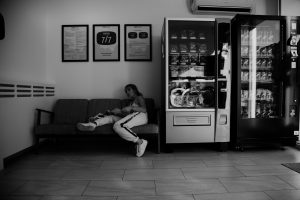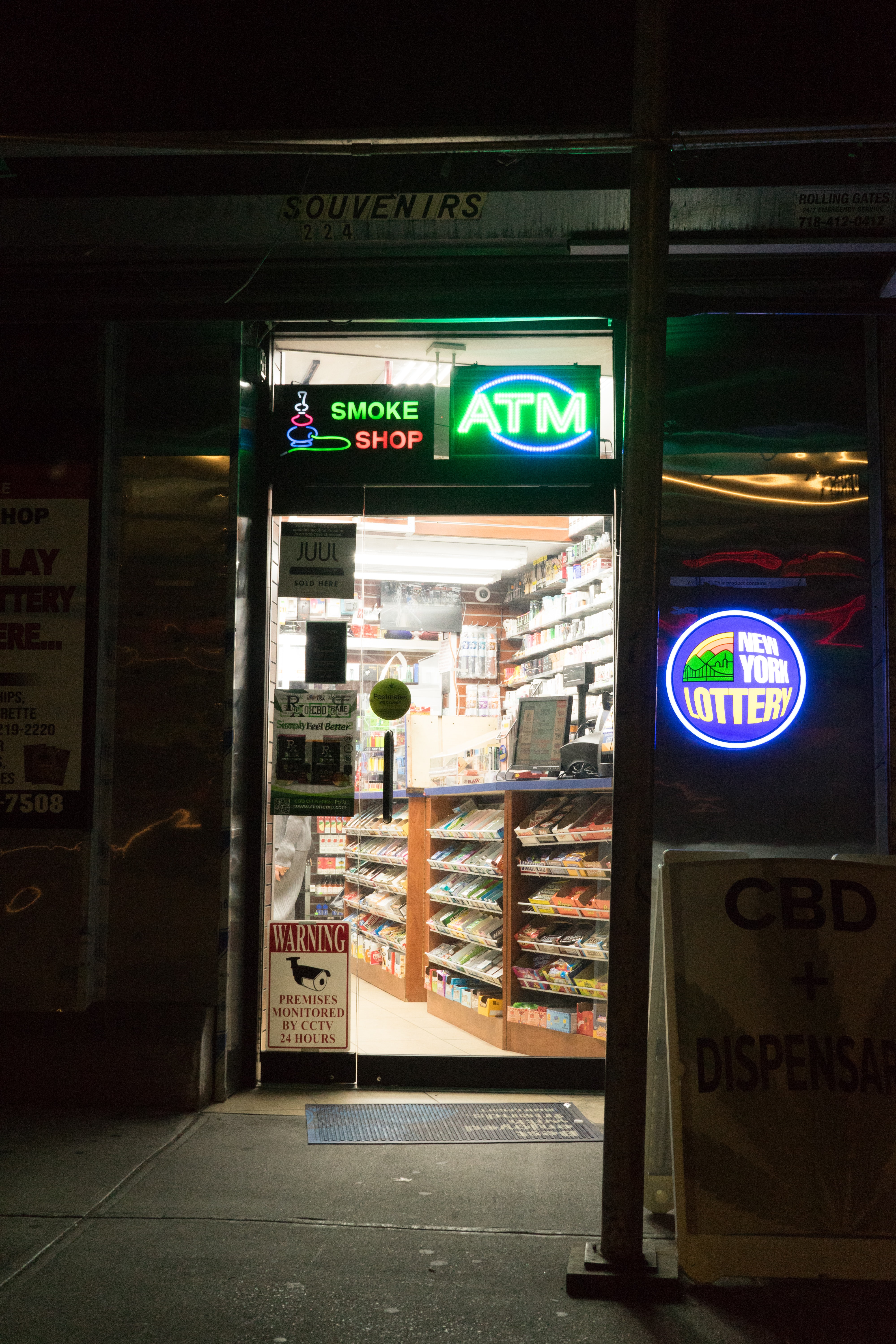State program will install life-saving overdose reversal medication boxes in clinics.
According to recently released data from the Wisconsin Department of Health Services, opioid overdoses were responsible for the deaths of nearly 920 people in Wisconsin in 2019, and this number is expected to even greater when 2020 data is released due to the pandemic. A new program is seeking to reduce this number with the use of naloxone boxes.
“Overdoses are higher than they’ve ever been, and I do think COVID is playing a role,” said Dr. Alison Miller, a UW Health doctor. “During the pandemic fewer people are going to the doctor and more and more people are using drugs alone.” She added, “The new recommendation to help prevent overdoses is to have more naloxone in the community.”
Naloxone (marketed under the brand name Narcan) has become more widely available since the inception of the opioid epidemic, and the pandemic will make it even more necessary to get the overdose reversal drug to those in need.
“In 2020, more than 900 people came to our office to tell us that they were able to save a life using naloxone. Specifically, at our Appleton and Green Bay offices that was 300 cases),” Kristen Grimes, Director of Prevention Services at Vivent Health, explained.

Vivent and other healthcare providers throughout the state are now opting to join Wisconsin Voices for Recovery and Milwaukee-based Serve You Rx to install naloxone boxes available for public access. “By expanding our access to naloxone, we can make sure that we remove the stigma from drug use and then we can make sure people have access to this life-saving medicine,” Grimes said.
“Right now, we are just trying to look at more like overdose hot spots and really trying to get it where they are located. But I hope that one day, this is just in airports, in schools, at places where people are congregating like libraries. I meant the list can go on and on and on,” Dr. Miller. Wherever the public has access, advocates believe the boxes should be installed.
Last fall, Ian Reich, public health manager of population health, sexual health, harm reduction for Grey Bruce Health Unit (GBHU) in Ontario also began advocating for more naloxone kits available to reverse opioid overdoses in that region of Canada. The area had 1,521 opioid-related deaths in 2019 alone. GBHU launched The Naloxone Program years ago, in August 2015, which was supported by the Ontario Ministry of Health and Long-Term Care. It offers both naloxone kits and training for free. In an effort to make the overdose reversal drug, also known as Narcan, more available, GBHU dispensed 1,869 kits directly from public health units and 148 were dispensed through expansion sites in 2019.
“I would like to see all municipalities, counties, schools, colleges, arenas, beaches, and public spaces have naloxone available,” Reich said. “Anywhere there is an AED machine, there should be naloxone and EpiPens for allergies.” Naloxone can either be injected or given as a nasal spray. If the public had more access, Reich argued, the few fragile minutes before first responders arrive could mean all the difference between life and death. “It is a life-saving tool. If we can easily provide life-saving services to individuals, we should. If you are trained in CPR, you offer it,” Reich said.
Sources:
Naloxone boxes installed in public for use against overdoses
Ontario Health Official Calls for Widespread Naloxone Distribution


Join the conversation!